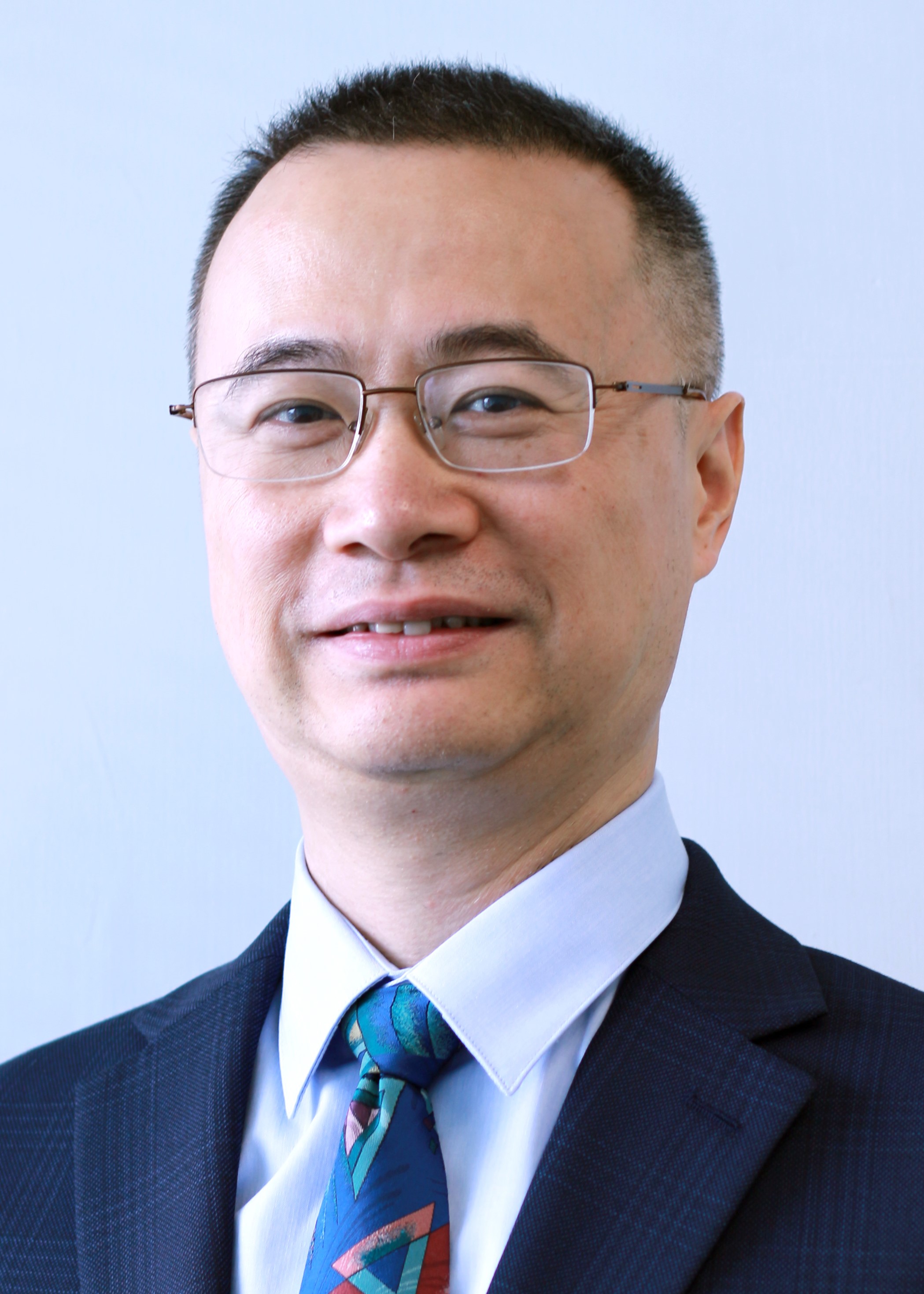
Keynote Speakers
Keynote 1: October 22, 2024, Tuesday

Abstract: This talk will present an overview of recent work in the Open6G center laying the basic architectural and algorithmic principles for new approaches to designing open, programmable, AI-powered, and virtualized next-generation cellular networks. We will discuss a forward-looking agenda aimed at developing programmable testbeds enabling 6G research in networked intelligence. We will then cover research challenges and recent progress in architectural design, intelligence orchestration, conflict avoidance, and explainability.
Bio: Tommaso Melodia is the William Lincoln Smith Professor with the Department of Electrical and Computer Engineering at Northeastern University in Boston. He is also the Founding Director of the Institute for the Wireless Internet of Things and the Director of Research for the PAWR Project Office. He received his Laurea (integrated BS and MS) from the University of Rome - La Sapienza and his Ph.D. in Electrical and Computer Engineering from the Georgia Institute of Technology in 2007. He is an IEEE Fellow, an ACM Distinguished Member, and a recipient of the National Science Foundation CAREER award. He received several best paper awards, including at IEEE Infocom 2022. Prof. Melodia is the Editor in Chief for Computer Networks and a co-founder of the 6G Symposium, and served as the Technical Program Committee Chair for IEEE Infocom, and General Chair for ACM MobiHoc, among others. Prof. Melodia’s research on modeling, optimization, and experimental evaluation of wireless networked systems has been funded by many US government and industry entities.
Keynote 2: October 23, 2024, Wednesday

Learning-NUM: Utility Maximization in Stochastic Queueing Networks
by Prof. Eytan Modiano (MIT, USA)
Abstract: We consider the problem of network utility maximization (NUM) and propose a new Learning-NUM framework, where the users’ utility functions are unknown apriori and the utility function values can be observed only after the corresponding traffic is delivered to the destination. We start by considering linear utility functions and propose a priority-based network control policy, that combines techniques from network control and multi-arm bandits to achieve logarithmic regret. We then consider the case of concave utility functions and design the Gradient Sampling Max-Weight algorithm (GSMW), based on the ideas of gradient estimation and Max-Weight scheduling, that achieves sublinear utility regret. We further demonstrate the applicability of the gradient sampling approach to minimum delay routing in wireless networks. Finally, we consider the general problem of reinforcement learning for queueing networks with unbounded state-spaces, with the goal of making control decisions that minimizing the queue length. We formulate the problem as an MDP, and propose a new reinforcement learning framework, called Truncated Upper Confidence Reinforcement Learning (TUCRL), that can achieve optimal performance. We show how this framework can be applied to deep reinforcement learning (DRL) for online stochastic network optimization.
Bio: Eytan Modiano is The Richard C. Maclaurin Professor in the Department of Aeronautics and Astronautics and the Laboratory for Information and Decision Systems (LIDS) at MIT. Prior to Joining the faculty at MIT in 1999, he was a Naval Research Laboratory Fellow between 1987 and 1992, a National Research Council Post Doctoral Fellow during 1992-1993, and a member of the technical staff at MIT Lincoln Laboratory between 1993 and 1999. Eytan Modiano received his B.S. degree in Electrical Engineering and Computer Science from the University of Connecticut at Storrs in 1986 and his M.S. and PhD degrees, both in Electrical Engineering, from the University of Maryland, College Park, MD, in 1989 and 1992 respectively. His research is on modeling, analysis and design of communication networks and protocols. He received the Infocom Achievement Award (2020) for contributions to the analysis and design of cross-layer resource allocation algorithms for wireless, optical, and satellite networks. He is the co-recipient of the Infocom 2018 Best paper award, the MobiHoc 2018 best paper award, the MobiHoc 2016 best paper award, the Wiopt 2013 best paper award, and the Sigmetrics 2006 best paper award. He was the Editor-in-Chief for IEEE/ACM Transactions on Networking (2017-2020), and served as Associate Editor for IEEE Transactions on Information Theory and IEEE/ACM Transactions on Networking. He was the Technical Program co-chair for IEEE Wiopt 2006, IEEE Infocom 2007, ACM MobiHoc 2007, and DRCN 2015; and general co-chair of Wiopt 2021. He had served on the IEEE Fellows committee in 2014 and 2015, and is a Fellow of the IEEE and an Associate Fellow of the AIAA.
Keynote 3: October 23, 2024, Wednesday

Abstract: Many network control problems (e.g., for minimizing age-of-information or latency) can be cast as Markov Decision Processes (MDP). However, as the network size increases, MDP is known to suffer from the curse-of-dimensionality. Index policies, e.g., the Whittle index, can be a useful tool to decompose an otherwise intractable multi-agent MDP into per-agent problems, which can then lead to low-complexity, scalable and highly adaptive solutions. However, the existing theory of Whittle index still has severe limitations. For one, when the problem of interest is slightly more complex, even verifying Whittle indexability becomes very challenging. For systems with multiple heterogeneous resources, while recent work has generalized Whittle index to partial index, verifying partial indexability is even more difficult. In this talk, we will introduce some recent work that develops easier-to-verify conditions for Whittle indexability and partial indexability. Our goal is to make index policies more easily applicable to a larger class of problem settings. We conclude with some discussions on other challenges and potential opportunities for index policies.
Bio: Xiaojun Lin received his B.S. from Zhongshan University, Guangzhou, China, in 1994, and his M.S. and Ph.D. degrees from Purdue University, West Lafayette, Indiana, in 2000 and 2005, respectively. He joined the faculty of School of Electrical and Computer Engineering at Purdue University in 2005, and became a Professor in 2017. Since June 2023, he joined the Department of Information Engineering, The Chinese University of Hong Kong, as a Professor and Global STEM Scholar. Dr. Lin's research interests are in the analysis, control and learning of large and complex networked systems, including both communication networks and cyber-physical systems. He received 2005 best paper of the year award from Journal of Communications and Networks, IEEE INFOCOM 2008 best paper award, ACM MobiHoc 2021 best paper award, and ACM e-Energy 2022 best paper award. He received the NSF CAREER award in 2007. He has served as an Associate Editor for IEEE/ACM Transactions on Networking, as an Area Editor for (Elsevier) Computer Networks journal, and as a Guest Editor for (Elsevier) Ad Hoc Networks journal. Dr. Lin is a Fellow of IEEE.